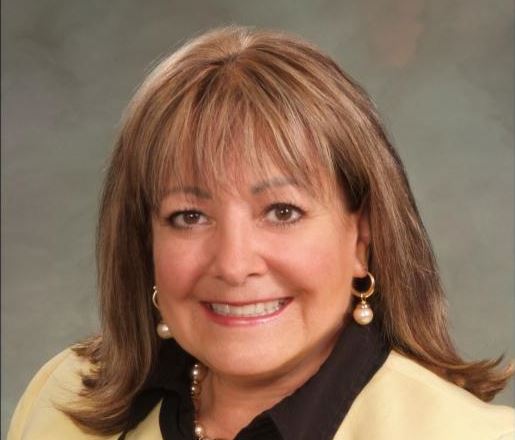Charles Brennan provided testimony in support of House Bill 24-1129, Protections for Delivery Network Company Drivers. CCLP is in support of HB24-1129.
Recent articles
CCLP testifies in support of TANF grant rule change
CCLP's Emeritus Advisor, Chaer Robert, provided written testimony in support of the CDHS rule on the COLA increase for TANF recipients. If the rule is adopted, the cost of living increase would go into effect on July 1, 2024.
CCLP testifies in support of updating protections for mobile home park residents
Charles Brennan provided testimony in support of House Bill 24-1294, Mobile Homes in Mobile Home Parks. CCLP is in support of HB24-1294.
CCLP’s legislative watch for April 5, 2024
For the 2024 legislative session, CCLP is keeping its eye on bills focused on expanding access to justice, removing administrative burden, preserving affordable communities, advocating for progressive tax and wage policies, and reducing health care costs.
Sen. Beth Martinez-Humenik: A Champion of Economic Justice

Elected in 2014, Sen. Beth Martinez Humenik has established herself as a champion of legislation that advances the health, well-being and financial security of low-income Coloradans. A fourth-generation Coloradan, she represents the residents of Senate District 24 in Adams County.
Sen. Martinez Humenik is the great granddaughter of immigrants and her parents were public school teachers who settled in Fort Collins. With a long line of educators in her family, the benefit of a good education has always been important. She is related to the late State Sen. Bob Martinez and was raised in a household with four sisters who all excelled in sports. She was taught to be a good student, respect others, appreciate diversity, work hard to attain goals, exercise tolerance, build trust with honesty and to give back by “paying it forward.”
She attended Colorado State University where she obtained both her bachelor and master’s degrees. Martinez Humenik found a calling in public service and served for seven years on the Thornton City Council before being elected to the Colorado Senate The Senator has a wide-ranging professional background which has informed the work that she does now as a legislator.
During the 2018 legislative session, Martinez Humenik sponsored a number of successful bills backed or supported by CCLP, including Senate Bill 10 which requires landlords to provide tenants with a copy of their lease, and a receipt when the tenant pays their rent using cash or a money order. As the Vice Chair of the Senate Health and Human Services Committee, she was key to defeating a bill that would have added work requirements and a lifetime limit for participants in Colorado’s Medicaid program. She was also the Senate sponsor of House Bill 1196, which makes it easier for eligible applicants of the Aid to the Needy Disabled program to access the program by expanding the list of qualified mental health professionals that can verify disability status for the program.
It is very important to Sen. Martinez Humenik to work on bi-partisan legislation. She collaborates with colleagues across the aisle on bills that help our businesses grow and that allow individuals as well as hard-working families to have the quality of life desired here.
In recent years, Martinez Humenik has emerged as a leader championing economic security for low-income Coloradans.
“In the last year alone, she has worked with members of both parties to enact commonsense protections for renters, reduce barriers for people who need to access disability support programs, and preserve a more efficient Medicaid program that doesn’t impede healthcare with burdensome work requirements, said Jack Regenbogen, CCLP’s Family & Economic Security Attorney.
She is the Chair of the Senate Local Government Committee, the Vice Chair of the Senate Health and Human Services Committee and is the Vice Chair as well as past Chair of the Joint Technology Committee. She is also actively engaged with many caucuses during the session as well as serves on national groups.





